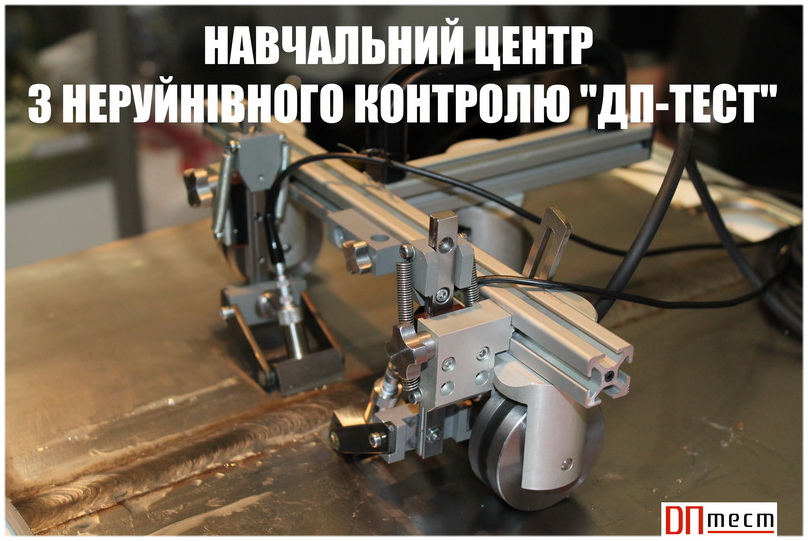The objective of this diploma project is to develop an automated control system for an industrial robotic manipulator, consisting of two complementary components: a scaled-down “master” arm, whose movements are captured by potentiometers, and a full-sized “slave” arm that replicates these movements in real time, controlled by an Arduino Leonardo microcontroller and a 16-channel PWM controller (PCA9685) driving MG995, DS3218, and SG90 servo motors. The system ensures precise positioning, maintains a torque reserve of approximately 43% on critical axes, and displays the actuator status on an LED indicator.
The project includes an analysis of the global collaborative robotics market, formulation of the technical requirements, justification for the selected hardware components, as well as calculations of power consumption, response accuracy and dynamics, and the required torque for the base drive. The work also comprises the development of an electrical schematic, software algorithm, 3D modeling of parts in Fusion 360, and fabrication of a working prototype using FDM 3D printing with PETG/PLA, including optimization of print settings and support structures.
The thesis is presented on 59 pages (excluding appendices), contains 4 chapters, 25 figures, 2 tables, 5 appendices, and references 31 literary sources. As a result, a fully functional manipulator prototype was developed, confirming the effectiveness of the proposed architecture and laying the foundation for further modernization toward a collaborative robotic system tailored to the needs of small and medium-sized enterprises.
Research advisor: Roman Halahan









